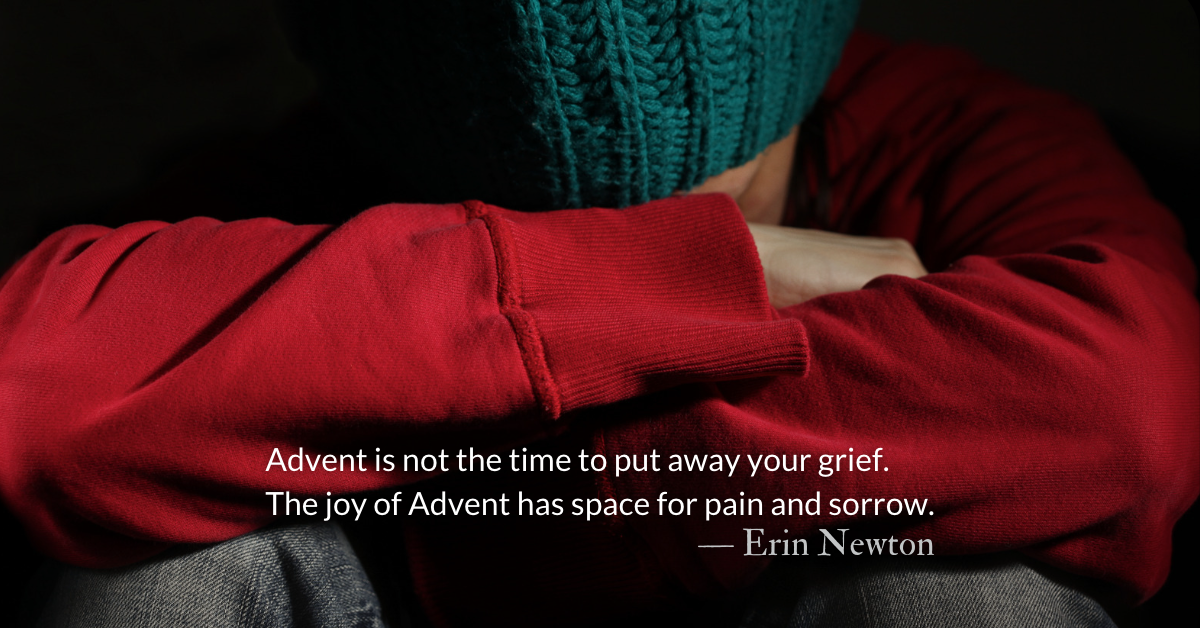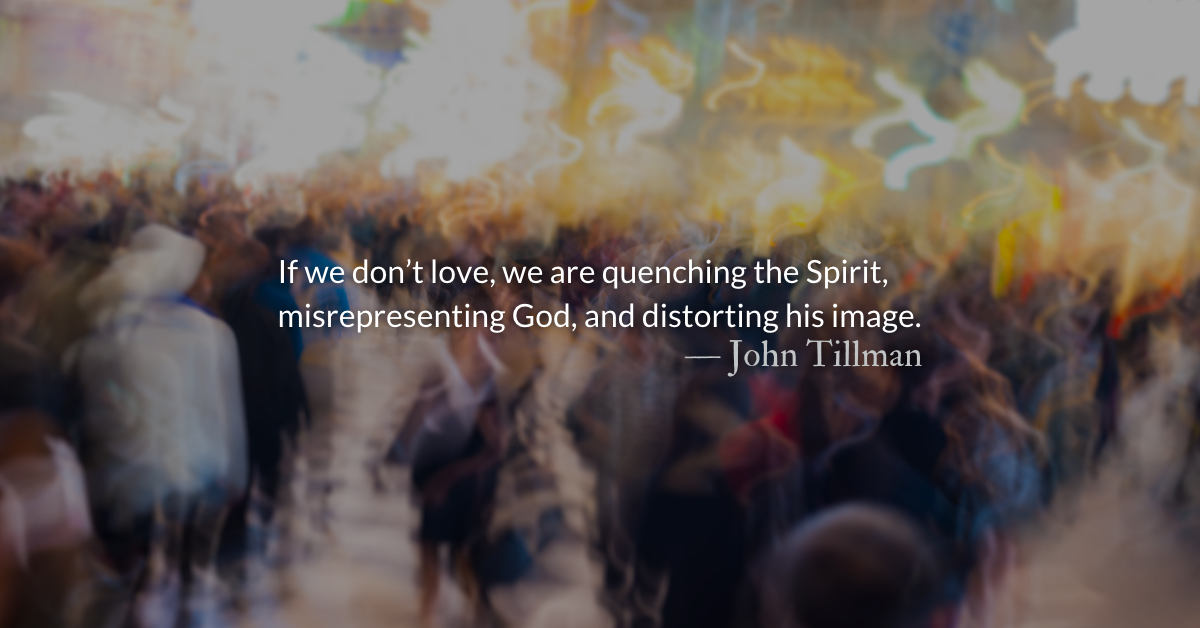Scripture Focus: Ezra 3:11b-13
11b And all the people gave a great shout of praise to the Lord, because the foundation of the house of the Lord was laid. 12 But many of the older priests and Levites and family heads, who had seen the former temple, wept aloud when they saw the foundation of this temple being laid, while many others shouted for joy. 13 No one could distinguish the sound of the shouts of joy from the sound of weeping, because the people made so much noise. And the sound was heard far away.
Matthew 2:16-18
16 When Herod realized that he had been outwitted by the Magi, he was furious, and he gave orders to kill all the boys in Bethlehem and its vicinity who were two years old and under, in accordance with the time he had learned from the Magi. 17 Then what was said through the prophet Jeremiah was fulfilled:
18 “A voice is heard in Ramah,
weeping and great mourning,
Rachel weeping for her children
and refusing to be comforted,
because they are no more.”
From John: Advent has parallels in many parts of scripture. We look forward this week to Erin’s reflections comparing the return of the exiles in Ezra to the truths of Christ’s coming at Christmas and to his second Advent which we also look forward to at this time of year.
Reflection: Grief and Joy — Joy of Advent
By Erin Newton
What if Christmas is not the greatest time of the year? What if there is nothing merry?
The holidays are marked by stress, depression, and anxiety. For Christians, it is a perplexing mix: joy for Jesus’ birth and the painful reality that December 25 does not end all sorrow.
As we read through Ezra, the Israelites return to the Promised Land. Exile was over. The temple, however, was in ruins. God’s dwelling place was a pile of rubbish.
The people set out to rebuild the temple, albeit in a more humble and meager size. When the foundations were laid, the response was mixed. The younger crowds rejoiced with praise and jubilation. The older crowds wept with grief.
For these older travelers, the journey has been traumatic and painful. In decades gone by, they had filled their hearts with dreams of a happy future. Solomon’s Temple, the first temple now in ruins, was majestic and praiseworthy. But all those dreams were cut down. Their lives had become beacons of pain and loss.
Yes, this new temple was worth celebrating but even this happy moment was a reminder of their grief.
Advent, too, holds both pain and joy. Like those who would come to a pile of rubbish to worship God, the Magi visited the incarnate deity in a humble home. It was a time of celebrating and worshiping the newborn king.
Words of praise and joy were likely heard that night when the Magi came to visit. This new foundation had been laid. Not just a place to meet with God. But now it would be God with us!
Mary would cherish the honor and privilege of raising Jesus and caring for his mortal body. But other mothers would weep. Although Jesus had come, the world was still pierced with darkness. Herod’s pride would cause the death of innocent children and the grief of their parents.
We know that the season of Advent is a time to rejoice. We try to be happy. Holidays sometimes include a newly empty seat at the table. Sometimes the phone is silent because of severed relationships. Sometimes the financial burden of the holidays makes for a meager and sparse Christmas.
Advent is not the time to put away your grief. The joy of Advent has space for pain and sorrow. May we let the sound of joy and grief collide into one voice to our God.
Divine Hours Prayer: The Refrain for the Morning Lessons
On this day the Lord has acted; we will rejoice and be glad in it. — Psalm 118.24
Today’s Readings
Ezra 4 (Listen 4:27)
Revelation 3 (Listen 3:53)
Read more about Supporting Our Work
God works in the world through Christians changed by the Bible. Help us provide free biblical content with no ads and no agendas.
Read more about It Came Upon The Midnight Clear — Carols of Advent Peace
Sears suffered from illness, depression, and an eventual breakdown…In the aftermath of his personal struggles, he wrote “It Came Upon the Midnight Clear”











